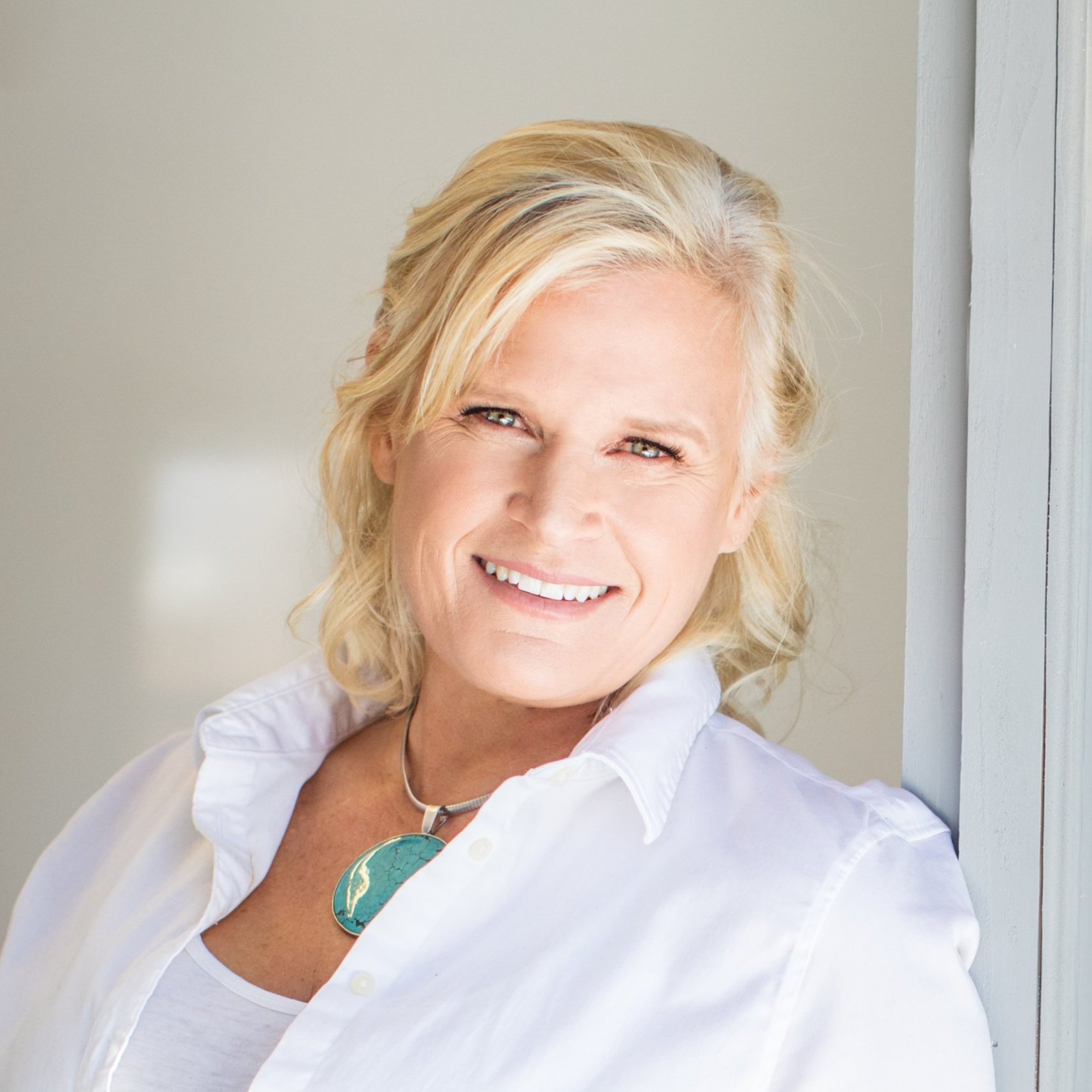Exploring Educational Structures of Finland and Singapore: Leaders in International Education
In honor of International Education Day next week, I decided to take a deep dive into the key aspects of their education systems, drawing insights from Finland's Education Act and Singapore's comprehensive approach to holistic student development. Finland and Singapore consistently rank among the top countries in international education assessments, and their educational structures play a crucial role in this success. Full disclosure: I am passionate about education reform in the US. I believe neurodiverse students are proverbialImage for a blog on what we can learn from the top two performing countries in education by Gail Suitor of Ignite Change Makers.
“canaries in the coal mine.” As a neurodiversity coach and consultant, students tell me they don’t see the point of doing school if the information they learn is useless in their daily lives. Therefore, while researching these countries’ educational systems, I found it exciting that neither country mentions any academic subjects or measures in their educational policy statements.
Interestingly, both countries lack abundant natural resources, so they consider their students their nation’s most important resource. Additionally, they have 5-hour school days, including lunch and recess, so students have time to develop other interests, and teachers have time to collaborate and continue developing a student-centered curriculum. Student-centered means the teacher facilitates learning, requiring students to learn actively through hands-on activities and question-based discussions. Finland's Education Act:
The foundation of Finland's educational success lies in its Education Act, known as Perusopetuslaki 21. The Act emphasizes the purpose of education, aiming to support pupils' growth into responsible members of society. Education in Finland promotes civilization, equality, and pupils' prerequisites for lifelong learning. Notably, education is provided in the student’s native language, ensuring accessibility and equity.The National Core Curriculum for Basic Education:
Finland's curriculum continuously improves to adapt to evolving needs. The latest National Core Curriculum strongly emphasizes the uniqueness of each pupil, fostering a sustainable way of life and understanding the importance of sustainable development. (still, no mention of academic subjects) Assessment is designed to guide and encourage students, focusing on self-reflection and peer assessment, not national standardized tests.Transversal Competence Areas:
The core curriculum identifies seven transversal competency areas essential for life. These include thinking and learning to learn,cultural competence,managing daily life,multiliteracy,ICT competence (confident and critical use of electronic technology for work, leisure, and communication)working life competence, andparticipation in building a sustainable future.
The school culture reinforces these values, promoting safety, well-being, cooperation, and equity.Singapore's Approach to Education:
Singapore prioritizes human capital development through education. The focus has shifted from academic achievements to holistic student development, encompassing character formation, societal participation, and self-actualization. The "Learn for Life" initiative, started in 2020, aims to prepare students for real-life challenges by fostering resilience, adaptability, and cooperation.Teacher Selection & Education
By using a highly selective process for teacher programs, creating three tracks for advancement, and utilizing ongoing evaluations based on student-centered skills, Singapore transformed its’ academic competitive testing education system into an innovative decentralized educational system that catapulted them to the top of the international education rankings. To enter into Singapore’s teaching training system, candidates need to meet the following rigorous requirements: Graduate college in the top third of their classMajored in the subject they want to teachParticipate in an interview with a panel of four master teachers who rank the following:Why do they want to become teachers?Their teaching aptitudeCommunication skillsPersonal DemeanorRole-play demonstrationEssay on how the candidate would approach specific classroom situations.
Eighty percent of the candidates are rejected, and after a paid three to six-month period of being mentored by a classroom teacher, an additional 40% of the candidates fail to meet the standards for acceptance. So, out of 100 candidates, only 12 meet the standards of admission for the teacher training program.Every teacher candidate must uphold these core values:Student-centered learning environmentsBelieve that all students can learnCare for and value every single childValue diversityA strong individual identity, belief system, and philosophyDemonstrate these values outside of the classroom in the broader community andRespect the teaching profession.
Teacher Evaluation & Leadership Tracks
Once teachers enter the profession, Singapore’s Career Ladder System offers three tracks for promoting teachers. Each track has a variety of levels for growth and expertise: Teaching TrackLeadership TrackSpecialist Track
Teachers are regularly evaluated, and advancement from one level to the next requires them to demonstrate competency at their current level and potential for the next since forward movement along each track requires deepening levels of expertise and experience. A chart showing Singapore’s Teacher Competency Requirements from NISL’s report on Singapore’s Career Ladder System.
The evaluation follows a similar process throughout the tracks. “Teachers meet with their direct supervisor to discuss their goals for the year, what new experiences and challenges they would like to try, and then they co-design an evaluation plan. Based on that discussion, the supervisor will observe the teachers throughout the year, collect data on their performance, and monitor their participation in helping to mentor others, serve on committees, and otherwise support the school.” (National Institute for School Leadership)
During their midyear check-in, they discuss their progress with their supervisor. Together, they will determine if any support is needed. Finally, at the end of the year, the Department Heads and Leadership Team will meet to rate all of the teachers in the building based on whether they met their annual goals, what support they will need in the future, and if they are ready for new more challenging roles for a trial period while being mentored by their supervisor, which is called “upmanning.” Social and Emotional Learning (SEL) in Singapore:
Much like Finland, Singapore integrates Social and Emotional Learning (SEL) into its Character and Citizenship Education (CCE) curriculum. The emphasis is on core values, social and emotional competencies, citizenship dispositions, and a sense of purpose in students. The CCE syllabi promote effective, innovative practices, ensuring students are engaged and prepared for various aspects of life.Decentralization and Customization:
Singapore's education system values diversity, innovation, and customization at the school level. This customization framework allows schools to focus on specific outcomes and relies on self-evaluation. Networked learning communities and professional learning communities provide opportunities for collaboration and innovation among teachers during their school days.Community Engagement and Support:
Initiatives like the KidSTART program and COMPASS (COMmunity and Parents in Support of Schools) demonstrate Singapore's commitment to holistic education. KidSTART supports families and monitors children's developmental progress through home visits. At the same time, COMPASS strengthens school-home-community collaboration, engaging parents in educational endeavors while educating families on new forms of education. These groups help families evolve from traditional education standards, which utilized competition, comparison, and testing results, to the new standards based on core competencies and a variety of passion-driven ways to succeed.Conclusion:
Our emphasis on academic subjects makes our students obsolete in an age where information is one click away. Finland and Singapore's educational success stems from a holistic approach that goes beyond academic achievements and national standardized tests. Both countries prioritize individuality, well-being, and lifelong learning, creating a foundation for students to thrive in a variety of ways in an ever-changing global landscape. Also, they both decentralized their curriculums and assessments to encourage reflection along with self & peer evaluations. As we look to improve our education system, there are valuable lessons to be learned from the comments of neurodiverse students and these leaders in international education. Starting Soon:
The Change Maker Accelerator Program!
Break free from labels so that you can ignite your brilliance!
Join my next Mastermind Pod and create your own Ultimate Change Maker Blueprint so that you can melt away the negative beliefs and inner critics that have been holding you back and finally unleash your true brilliance!
I help learning disabled people break free from labels so that they can appreciate their unique brains, ignite their brilliance, follow their passions, and become the change makers they were born to be.
Create the life you want.
Book Your Complementary Strategy Session Today!
References:
Perusopetuslaki 21: Basic Education Act. (n.d.) https://www.finlex.fi/en/laki/kaannokset/1998/en19980628.pdf
NSIL: Singapore’s Career Ladder System. (n.d.) https://documents.ncsl.org/wwwncsl/Education/Study-Group/NISLSingapore%27sCareerLadderSystem.pdf
Why Do Singapore Students Outperform the Rest of the World? Nielsen, Donald. https://www.discovery.org/education/2020/10/29/why-do-singapore-students-outperform-the-rest-of-the-world/
Singapore’s Educational Reforms Toward Holistic Outcomes. Brookings Institute. DR. DENNIS KWEK, DR. JEANNE HO, AND DR. HWEI MING WONG. https://www.brookings.edu/wp-content/uploads/2023/03/Brief_Singapores-educational-reforms-toward-holistic-outcomes_FINAL.pdf
Hey There, I’m Gail Suitor
Living and working with a neurodivergent brain can be challenging. I know because I have one, raised three, and taught many over 25+ years.
I help learning disabled people break free from labels so that they can appreciate their unique brains, ignite their brilliance, follow their passions, and become the change makers they were born to be.
My Change Maker Accelerator Program uses Mastermind Pods to help participants learn the 7 strategies of highly effective neurodiverse people so that they can discover their superpowers, develop their Ultimate Change Maker Blueprint, and create the life they want.
Explore The Blog





